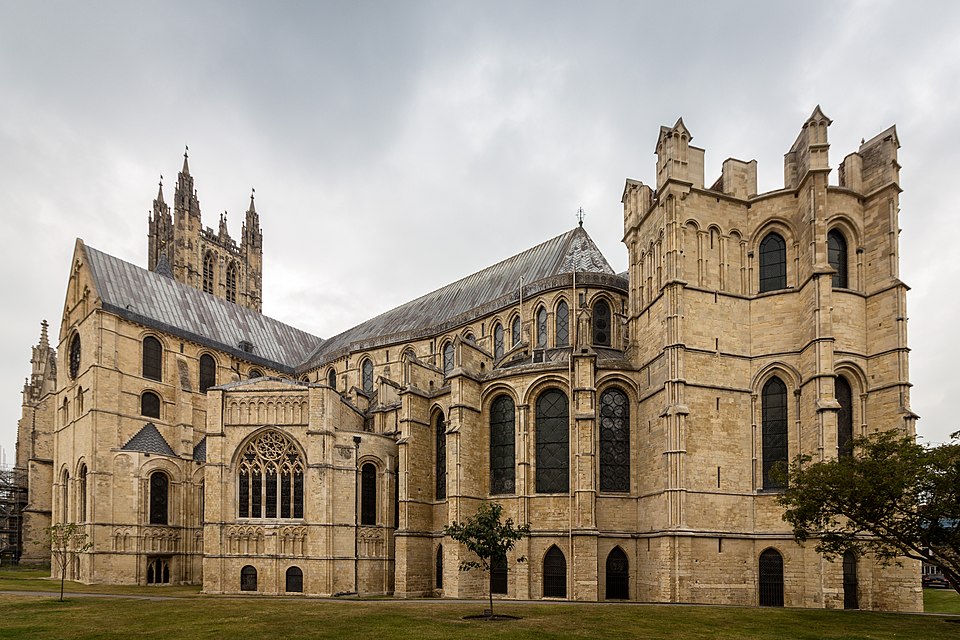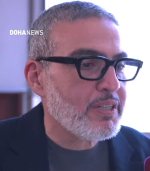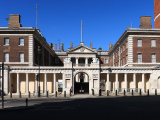
The Charity Commission has told the Archbishops’ Council of the Church of England that it must dramatically accelerate long-promised safeguarding reforms, after concluding the charity
is moving too slowly to address gaps in how it handles complaints.
In a Regulatory Action Plan issued on Friday, the watchdog set an expectation that the Council implement independently run safeguarding structures—approved by the Church’s General Synod earlier this year—within the next 18 months. That deadline is a full year earlier than the Church’s current timetable. The Commission also directed the Council to introduce robust interim measures immediately to ensure people remain safe while longer-term changes are put in place.
The Archbishops’ Council, a registered charity responsible for coordinating and supporting the mission of the Church of England, has faced growing scrutiny over its handling of safeguarding reforms prompted by a series of independent reviews.
Background
The Commission began formal engagement with the Council at the end of 2024, following the publication of the Makin Review—an Independent Learning Lessons Review into the Church’s failures relating to the late barrister John Smyth. That report came on top of other critical reviews in recent years, including Sarah Wilkinson’s investigation into the now-dismantled Independent Safeguarding Board, and Professor Alexis Jay’s 2023 report on the future of Church safeguarding.
The resignation of the Archbishop of Canterbury in the wake of the Makin Review intensified scrutiny, with widespread public debate fuelling concerns that promised improvements were not being delivered with the urgency required.
The Commission’s compliance case drew on information from bishops, diocesan finance boards and the Archbishops’ Council itself.
Although the regulator does not investigate individual abuse allegations, it is responsible for ensuring the trustees of charities have effective safeguarding systems in place. The Church’s National Safeguarding Team, which drafts safeguarding guidance and procedures for approval by General Synod, operates within the Archbishops’ Council.
Findings
The Commission identified two major areas of concern:
Lack of urgency: It found that progress on implementing recommendations from multiple reviews has been slow and fragmented. The Council’s current plan to complete legislation for independent safeguarding by 2028 was described as “too slow”, leaving a four-year gap since the Jay Review was published.
Narrow interpretation of safeguarding: The Church currently does not classify allegations made by adults who are not formally deemed “vulnerable” as safeguarding matters. The Commission stressed that charities must protect *all* individuals they engage with, not only those meeting specific vulnerability criteria.
Conclusions
While the Commission said it found no evidence of misconduct or mismanagement by the Council’s trustees and acknowledged improvements made in recent years, it concluded that the pace of reform remains inadequate. It instructed the charity to use all powers available to accelerate outstanding changes.
Where legislation cannot be delivered quickly, trustees are expected to introduce interim arrangements sufficient to mitigate safeguarding risks. These should align with both Commission guidance and existing Church policies.
Next steps
Under the Regulatory Action Plan, the Council must close gaps in how allegations from non-vulnerable adults are handled and bring forward the establishment of independent safeguarding structures endorsed by General Synod in February.
The Commission welcomed the appointment of Dame Christine Ryan as executive chair of the Safeguarding Structures Programme Board, which will oversee the reforms.
The Council has informed the regulator that it plans to create an interim independent scrutiny body while legislation is developed.
The Commission also emphasised the need for the trustees to engage victims and survivors sensitively and constructively as reforms progress.
The regulator will continue monitoring the Council’s compliance with the action plan and has said it will assess any new concerns in line with its standard procedures.
Charity Commission Chief Executive, David Holdsworth, said:
“It’s time for the Archbishops’ Council and the Church of England to move from review to reform, and from debate to delivery.
Everyone recognises that improving safeguarding is an ongoing journey, but in the Archbishops’ Council’s case the progress on that journey must be made in bigger, bolder steps, informed by the experience of victims and survivors.
The Commission will monitor the charity’s progress against our Regulatory Action Plan, and reserve all regulatory options for the future if sufficient progress is not made at pace”. Photo by Rafa Esteve, Wikimedia commons.




































